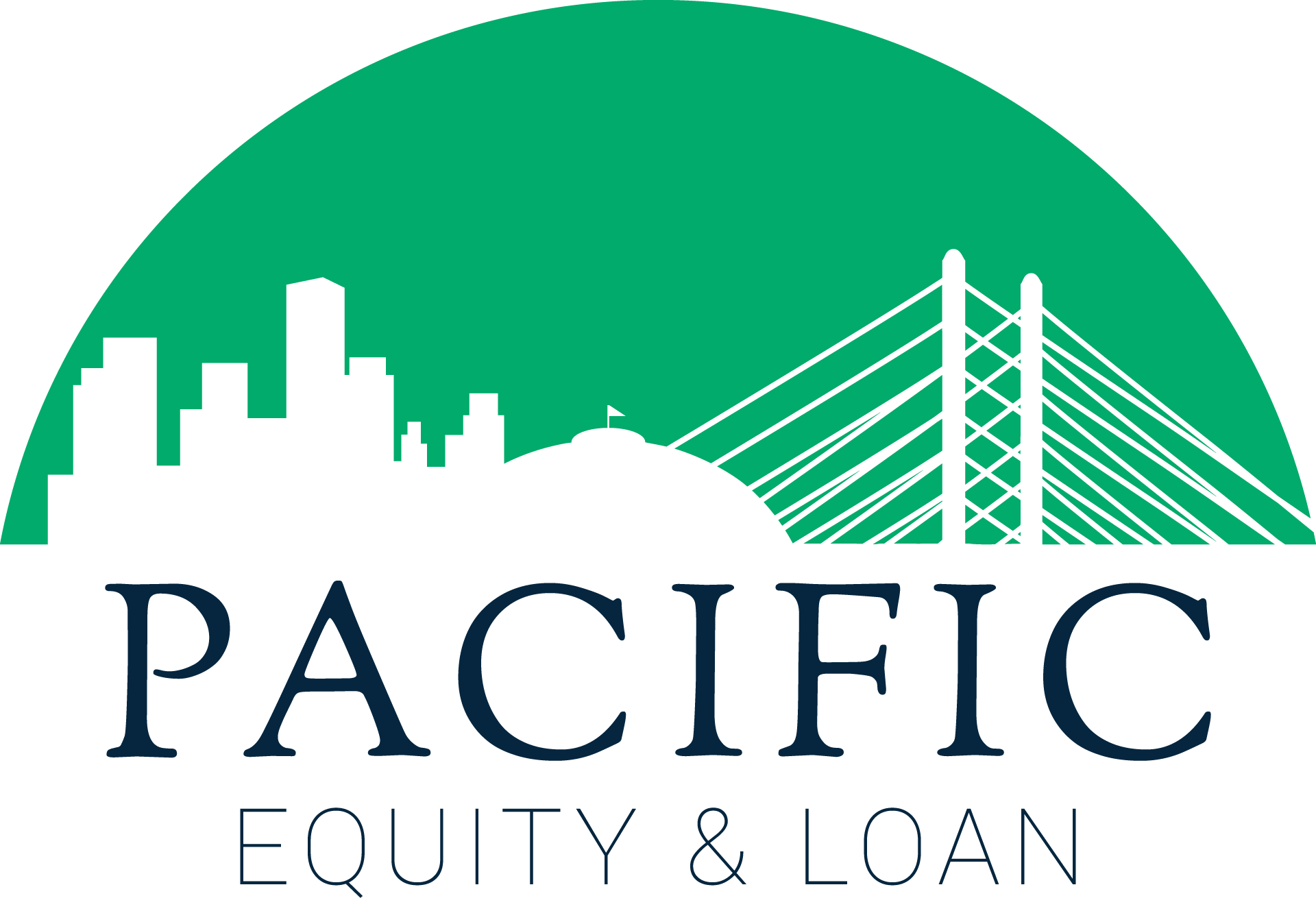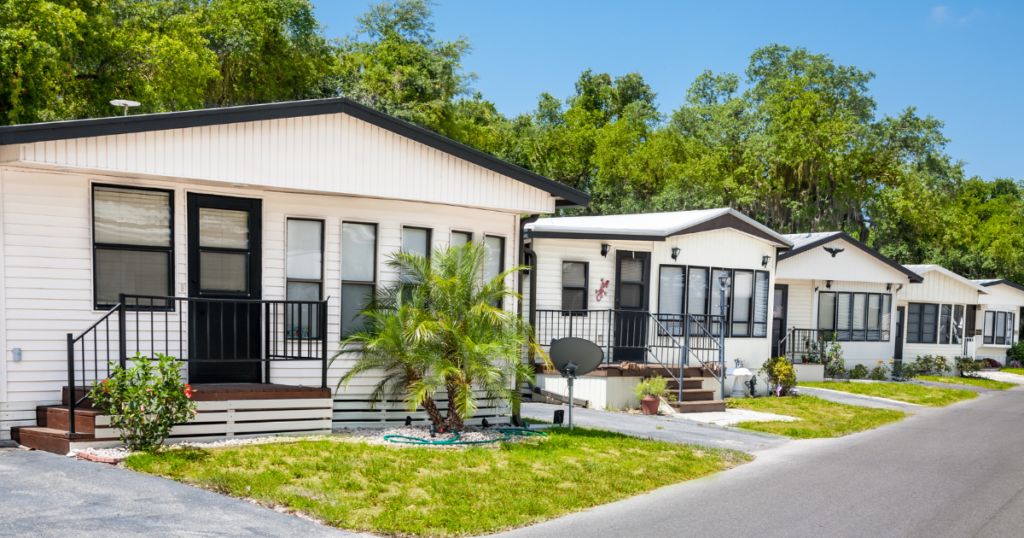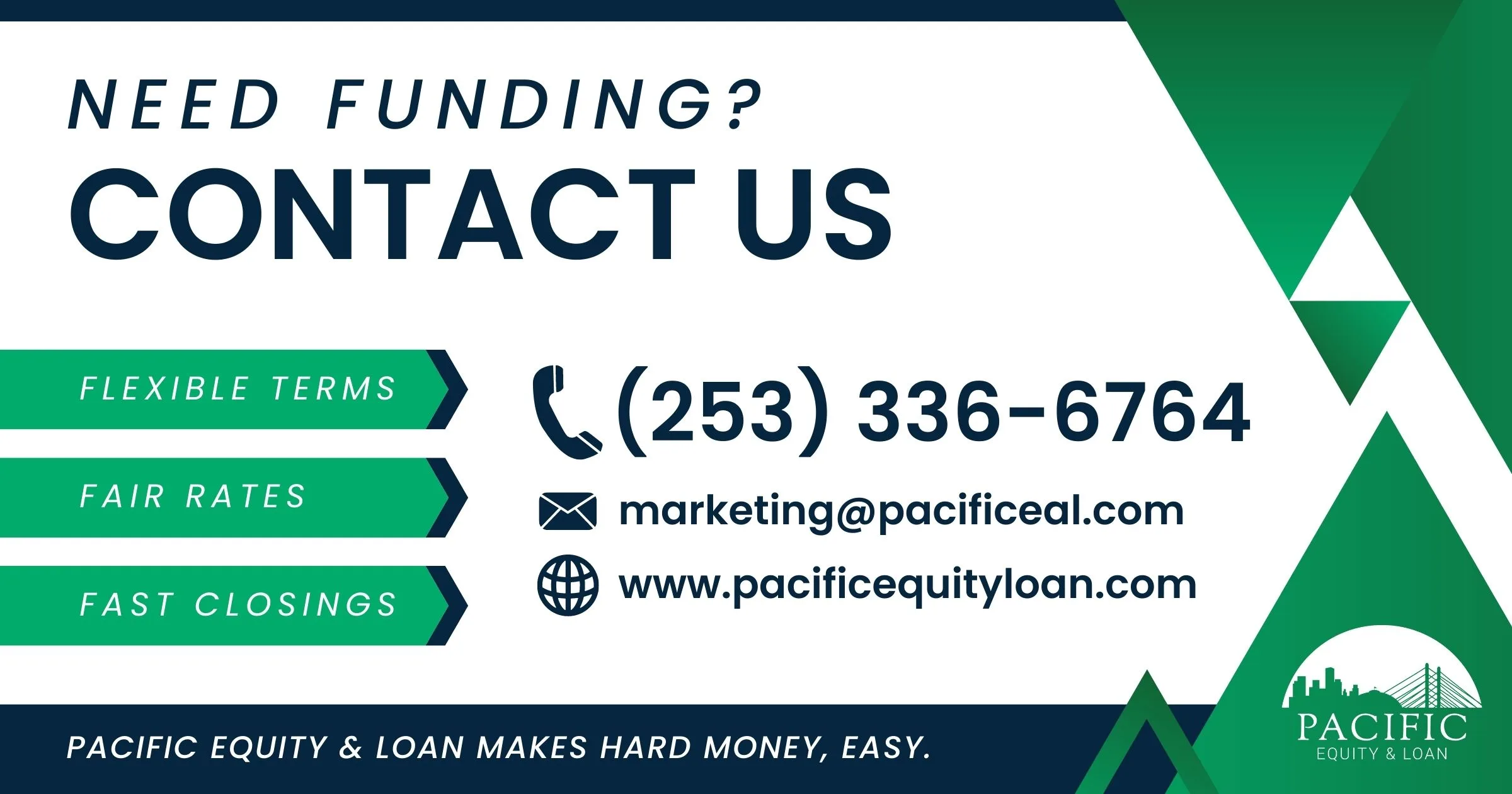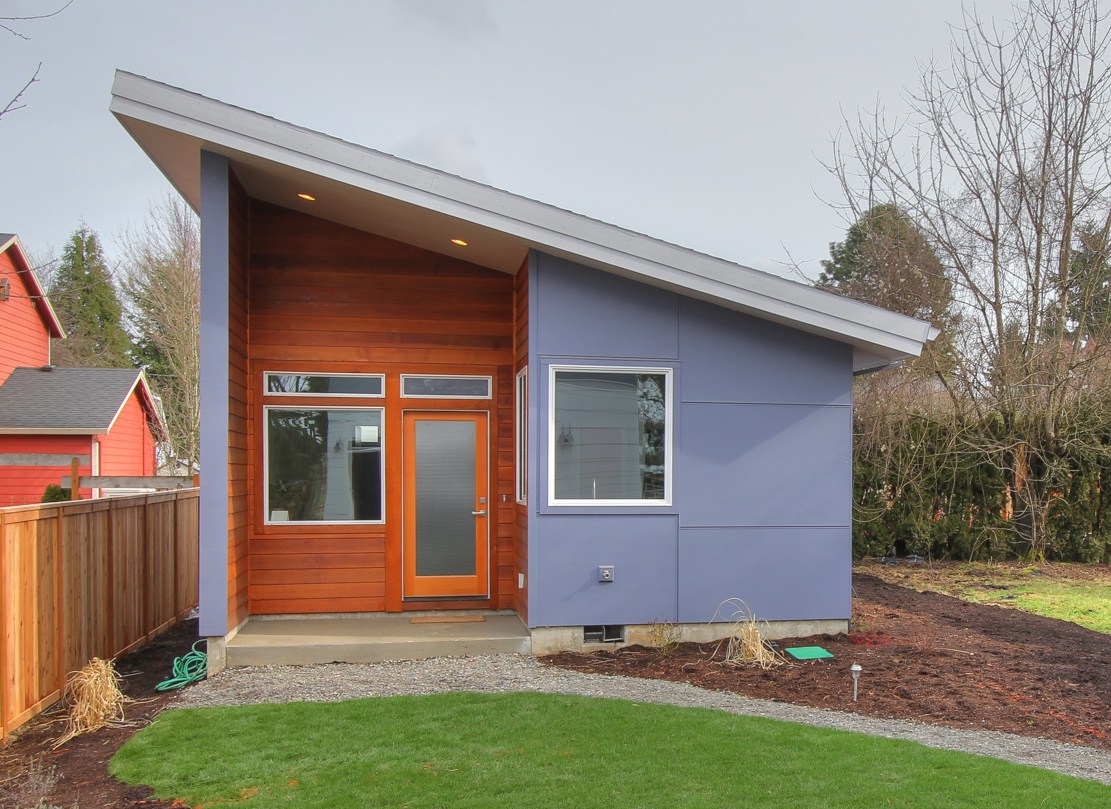Flipping mobile homes has become a popular way to make quick profits in the real estate market. Investors buy affordable mobile homes and renovate them to earn a good return on their investment. In this article, we’ll explain why flipping mobile homes is a smart investment choice, focusing on its low initial costs, high demand, and potential for attractive profits. We’ll also talk about the challenges involved, such as limited market value, renovation restrictions, and the importance of location. Finally, we’ll provide a step-by-step guide on how to successfully flip mobile homes.
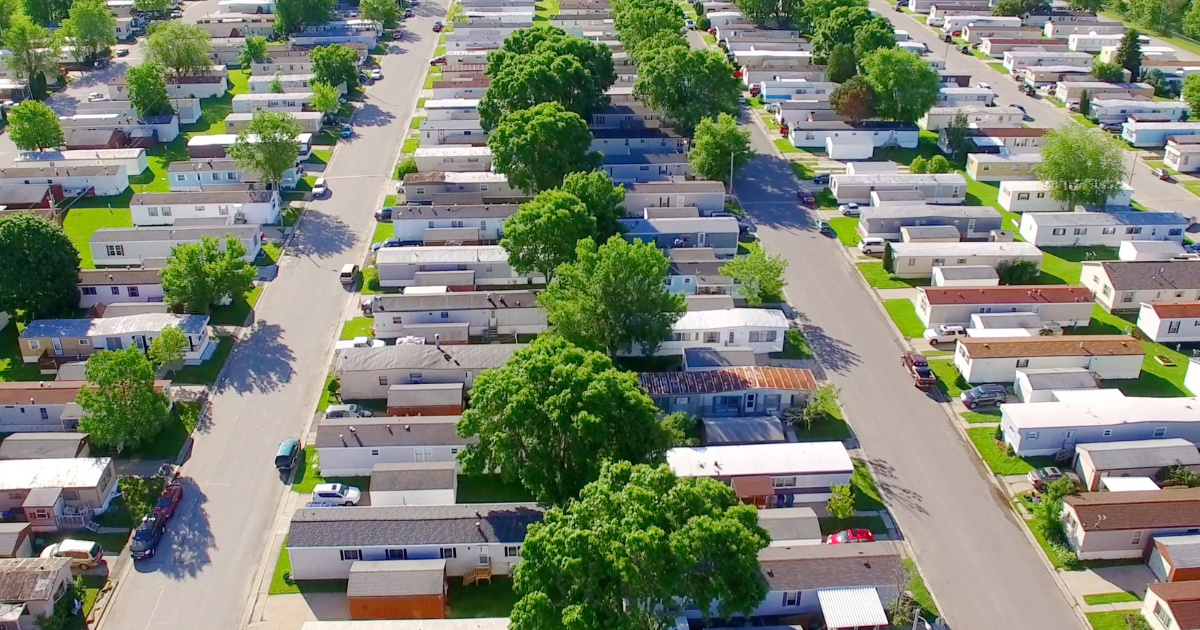
What is a Mobile Home?
A mobile home, also known as a manufactured home, is a prefabricated housing structure that is built in a factory and then transported to its intended location. These homes are designed to provide affordable and flexible housing options for individuals and families.
Mobile homes are constructed on a steel chassis, which acts as a foundation and allows for easy transportation and placement. They are built according to strict building codes and safety standards set by organizations like the U.S. Department of Housing and Urban Development (HUD) in the United States.
One important feature of mobile homes is their ability to be moved. Unlike traditional homes, mobile homes can be relocated from one place to another, which makes them suitable for people who prefer a flexible living arrangement. This mobility allows homeowners to move their residence to a different area or even a different state if they want.
Overall, mobile homes provide an affordable and cost-effective housing solution, which makes them appealing to homeowners and investors interested in real estate opportunities.
Difference Between Mobile Homes and Manufactured Homes
While the terms “mobile home” and “manufactured home” are often used interchangeably, there are some nuanced differences between the two. These differences primarily arise from changes in industry terminology and evolving construction standards. Here, we highlight the key distinctions between mobile homes and manufactured homes:
Terminology: In the past, “mobile home” was used to describe homes that could be moved to different locations. Nowadays, the more accurate term is “manufactured home,” reflecting improvements in construction standards.
Construction Standards: Mobile homes were built before the introduction of uniform safety standards. In 1976, the HUD Code was established, setting strict rules for construction, design, fire resistance, energy efficiency, and safety. Manufactured homes meet these higher standards, ensuring better quality and durability.
Transportability: Mobile homes were designed to be easily moved and often had removable wheels and axles. On the other hand, manufactured homes are usually meant for permanent installation, focusing on long-lasting stability. While some manufactured homes can still be relocated, they’re generally more permanent structures.
Building Codes: Mobile homes had to follow different local and state building codes, which varied in quality and safety requirements. Manufactured homes, however, must comply with the HUD Code, a comprehensive set of federal standards that ensures consistency in construction, quality, and safety across the country.
Aging and Depreciation: Mobile homes, being older structures, may depreciate faster and have shorter lifespans compared to newer manufactured homes. The introduction of the HUD Code improved construction standards, increasing the longevity and value of manufactured homes.
It’s important to note that while the terminology and regulatory framework have evolved, both mobile homes and manufactured homes provide affordable housing options with similar characteristics. The transition from mobile homes to manufactured homes reflects industry advancements aimed at improving quality, safety, and uniformity in factory-built housing.
Understanding the differences between mobile homes and manufactured homes sets the foundation for exploring the advantages and challenges of flipping mobile homes. Now that we’ve clarified the distinctions between these types of structures, let’s look into why flipping mobile homes can be a profitable investment opportunity.
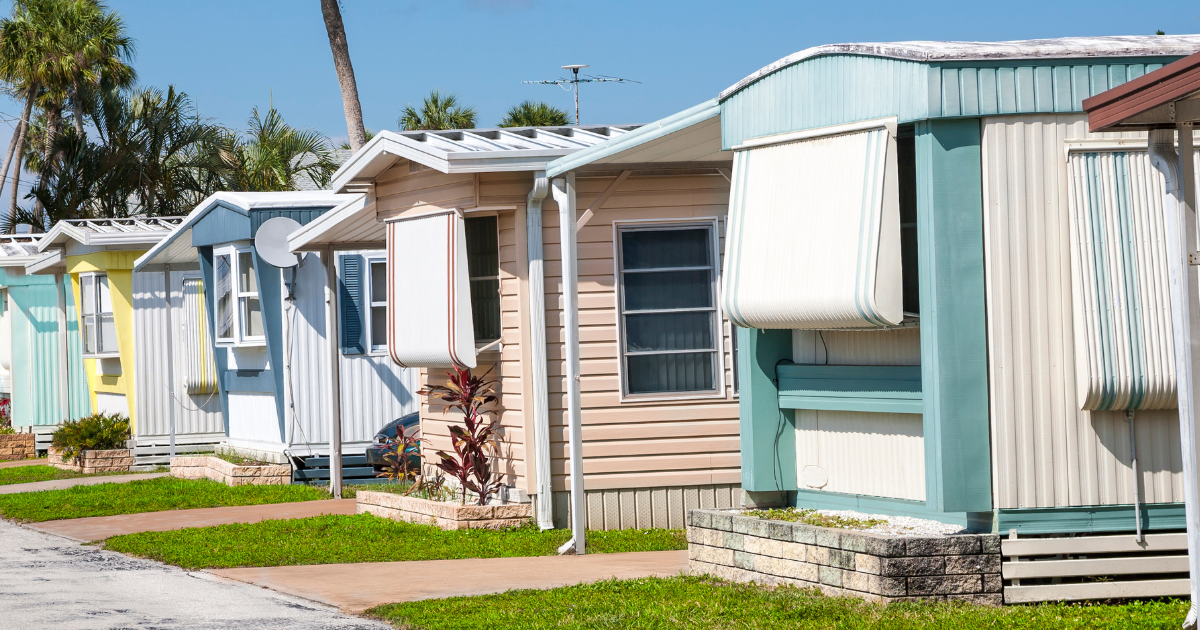
Advantages of Flipping Mobile Homes
Low Initial Investment: Mobile homes are cheaper than traditional houses, making them a viable option for investors with limited funds. Even with a small budget, investors can purchase multiple mobile homes, increasing their potential for higher returns.
High Demand: There is a growing demand for affordable housing, and mobile homes offer an affordable alternative to traditional houses. This high demand ensures a quick sale when flipping a mobile home, allowing investors to benefit from the market’s need for affordable housing.
Good Return on Investment: Renovation costs for mobile homes are generally lower due to their smaller size. By improving the appearance and features of these homes, investors can earn a significant return on their investment. Additionally, if you acquire multiple mobile homes in a mobile home park and improve the overall appeal of the park, you can generate additional returns through sales and rental income.
Challenges Related to Flipping Mobile Homes
Low Market Value: Mobile homes are considered personal property, which can lead to depreciation over time. However, proper maintenance, permanent installations, and a desirable location can positively impact the market value of these homes.
Limitations on Renovation: Mobile homes have certain limitations when it comes to renovations. Homes with HUD tags must adhere to specific safety standards, restricting the extent of renovations. While cosmetic improvements are possible, major structural modifications may require additional investments in wiring and plumbing.
Location Considerations: The location of a mobile home significantly influences its desirability and potential profitability. Homes situated in convenient areas with access to amenities, shopping centers, and public transportation attract more buyers and tenants. On the other hand, homes in less desirable locations or areas with high crime rates may be more challenging to sell or rent at a favorable price.
Once you have a good understanding of the advantages of flipping mobile homes and the challenges involved, it’s time to dive into the practical steps required to successfully flip mobile homes. By following these steps, you can navigate the process effectively and increase your chances of a profitable outcome.
5 Common Ways To Obtain Mobile Home Financing
When it comes to financing a mobile home, there are various options available to prospective buyers and investors. Understanding these financing avenues can help you make an informed decision and secure the necessary funds for your mobile home purchase. Here are several ways to obtain mobile home financing:
Traditional Mortgage Loans: Some financial institutions, such as banks and credit unions, offer traditional mortgage loans for qualified mobile home buyers. These loans typically require the mobile home to be classified as real property, with title elimination, and meet certain eligibility criteria.
Chattel Loans: Chattel loans are specifically designed for mobile homes that are considered personal property and not permanently affixed to land. These loans are similar to auto loans and are secured by the mobile home itself rather than the land. Many specialized lenders offer chattel loans for mobile homes.
Government-backed Loans: Government agencies such as the Federal Housing Administration (FHA) and the Department of Veterans Affairs (VA) provide loan programs that can be used to finance mobile homes. FHA loans are accessible to borrowers with lower credit scores and down payment requirements, while VA loans are available to eligible veterans and active-duty military personnel.
Hard Money Loans: Another option for obtaining mobile home financing is through hard money loans. Hard money lenders, like Pacific Equity & Loan, are private individuals or companies that offer short-term loans secured by the value of the property. These loans are often easier to qualify for compared to traditional loans, as the lender focuses more on the value of the mobile home rather than the borrower’s credit history. Hard money loans can provide quick access to funds, making them suitable for investors or those who need financing for a short period..
Home Equity Loans or Lines of Credit: If you already own a property with substantial equity, you can consider using a home equity loan or line of credit to finance the purchase of a mobile home. These loans allow you to borrow against the equity in your existing home, providing funds that can be used for various purposes, including purchasing a mobile home. However, it’s important to carefully consider the risks and potential consequences of using your home as collateral.
Exploring these financing options and comparing the terms, interest rates, and repayment schedules will help you secure the most suitable financing option for your mobile home investment. Consulting with a mortgage professional can also provide valuable insights and guidance throughout the financing process.
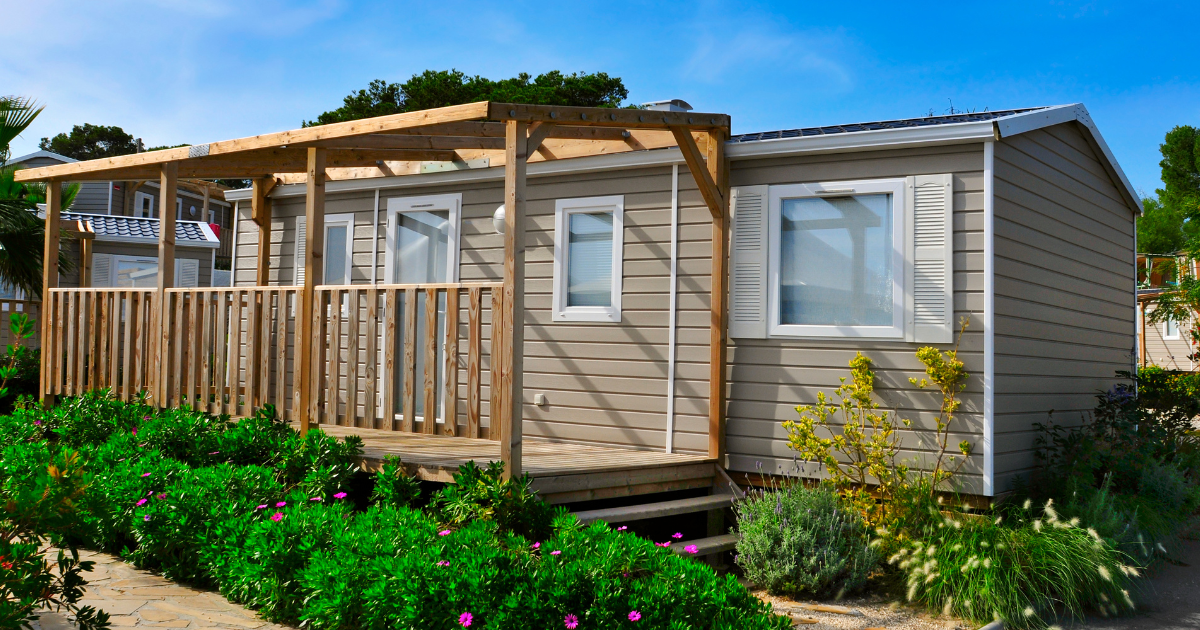
Title Elimination and Financing Considerations
In addition to understanding the differences between mobile homes and manufactured homes and exploring ways to obtain financing, it is crucial to consider the process of title elimination and its impact on financing options. Here are some key considerations to keep in mind:
Title elimination: Title elimination involves removing the “mobile home” classification and treating it as real property. This is essential for accessing traditional mortgage financing and expanding the potential market for buyers or tenants.
Financing requirements: If a manufactured home has been relocated from its original location, it may no longer meet the financing standards set by FHA, VA, and most conventional lenders. Title elimination is often necessary to meet these requirements and access favorable financing options.
Legal procedures: Achieving title elimination requires navigating specific legal procedures, which can vary by jurisdiction. It is advisable to work with a real estate attorney or a title elimination specialist who is familiar with local regulations. They can guide you through the process and ensure compliance.
Failing to address title elimination early in the process can lead to complications when selling or renting the mobile home. It is essential to address this aspect promptly to avoid delays or difficulties in securing financing and finalizing transactions.
By addressing title elimination and the associated considerations, you can ensure compliance with regulations, expand your financing opportunities, and pave the way for a successful mobile home investment journey.
With these essential aspects in mind, let’s now delve into the practical steps involved in successfully flipping mobile homes. By following these 10 steps, you’ll be equipped with the knowledge and strategies needed to make informed decisions, maximize profitability, and create a seamless flipping experience.

10 Steps for Successfully Flipping Mobile Homes
Step 1: Establish Your Budget
The first step is to determine how much money you are willing to invest in flipping a mobile home. This budget will serve as your financial guide throughout the project, helping you make informed decisions and stay within your means. Consider both the purchase price of the mobile home and the funds required for renovations and other associated costs.
Step 2: Find a Promising Location
Identifying a promising location is crucial for the success of your mobile home flipping venture. Look for areas with strong resale potential, taking into account factors like low crime rates, access to amenities, and convenient transportation options. Put yourself in the shoes of potential buyers or tenants to gauge the appeal of the location.
Step 3: Conduct Thorough Analysis
Before finalizing your investment, conduct a comprehensive analysis of the chosen location and the potential profit you can expect. Research local market trends, demand for mobile homes, and the level of competition in the area. This analysis will help you determine if the investment aligns with your financial goals and if there is a viable market for selling or renting the flipped mobile home.
Step 4: Identify a Mobile Home with Resale Potential
Once you have a clear budget and a promising location, begin your search for a mobile home that has the potential for resale. Consider mobile homes that fall within your budget range and match your preferred location criteria. Look for opportunities such as foreclosures, as they may offer greater profit potential. Evaluate each property carefully to ensure it meets your criteria for a successful flip.
Step 5: Inspect the Property
Before finalizing the purchase, thoroughly inspect the condition of the mobile home. Assess its structural integrity, plumbing, electrical systems, and any other key components. If you’re not experienced in property inspections, consider hiring a professional inspector who can provide a detailed report on the mobile home’s condition. This step will help you estimate the repair costs and avoid any unforeseen expenses.
Step 6: Negotiate the Purchase Price
Armed with the information from the property inspection, you can enter negotiations with the seller. Highlight any repair costs and renovations that need to be undertaken, as these can be used as leverage to negotiate a lower purchase price. Effective negotiation skills can help you secure the mobile home at a price that aligns with your budget and investment goals.
Step 7: Look for a Financing Lender
If you require financial assistance to fund the purchase and renovation of the mobile home, it’s essential to find a suitable mobile home loan. Research and compare different lenders, such as banks, credit unions, hard money lenders, and specialized mobile home financing companies.
Evaluate their terms, interest rates, loan options, and eligibility criteria to secure the best financing solution for your flipping project. Obtaining financing can help you leverage your budget and expand your potential for profitable mobile home flipping.
Step 8: Obtain The Necessary Permits and Renovate the Mobile Home
After acquiring the mobile home, the next step is to obtain any necessary mobile home permits before starting the renovation process. Check with your local building department to ensure you comply with any legal requirements for renovations or modifications. Obtaining permits will ensure that your renovation work is done safely and up to code.
Also, it’s important to note that when remodeling, adding to the home, such as a deck or roof covering, or making any structural changes, you need to have a permit. In some cases, the local L&I (Labor and Industries) may also require a structural engineering stamp of approval. These measures ensure that the modifications are structurally sound and meet the necessary standards.
Decide whether to undertake the renovations yourself or hire a contractor based on your skills, availability, and budget. Remember to work within your budget to ensure the renovation costs do not exceed the expected returns.
Step 9: Determine the Selling Price or Rental Rate
After completing the renovations, price your house right if you plan to sell the mobile home or determine a suitable rental rate if you intend to generate rental income. Consider all your expenses, including the purchase price, renovation costs, and any additional fees, and ensure the selling price or rental rate aligns with the current market conditions and the value you have added to the property.
Step 10: Market and Sell/Rent the Mobile Home
Create attractive listings for the mobile home by taking high-quality photographs and writing compelling descriptions. Advertise the property through online platforms, local listings, and real estate agencies to reach potential buyers or tenants. Respond promptly to inquiries, schedule viewings, and showcase the unique features and improvements of the mobile home to attract interested parties.
The Bottomline
Flipping mobile homes can be a lucrative investment strategy, offering opportunities for substantial returns. By following the steps outlined in this guide, you can navigate the process effectively and increase your chances of a profitable outcome.
If you’re seeking financing for your mobile or manufactured home flip, Pacific Equity & Loan is here to help. We specialize in providing fix and flip loans and have a dedicated team with extensive experience in assisting investors with their real estate projects. Our goal is to offer competitive loan options that are tailored to your specific needs.
To discuss your financing requirements or prequalify for a loan, you can reach us at (253) 336-6764. Alternatively, you can prequalify online for a loan here. We are excited to connect with you and help you achieve success in your mobile home flipping endeavors!
Citations
Lyerla, Ramonelle. “How to Flip Mobile Homes: The Complete Guide.” Investment Property Tips | Mashvisor Real Estate Blog, 1 Nov. 2021, www.mashvisor.com/blog/how-to-flip-mobile-homes/.
Dossey, Justin. “Flipping Mobile Homes: Complete Guide for Beginners.” Ballpoint Marketing, 9 Feb. 2023, www.ballpointmarketing.com/blog/flipping-mobile-homes/.
Mrochko, Terry. “A Guide to Flip Mobile Homes.” Palm Coast Property Management, Palm Coast Property Managers, 13 Nov. 2021, www.386rent.com/blog/a-guide-to-flip-mobile-homes.
Tarantino, Mike. “How to Flip Mobile Homes.” Trailer Trash Cash, 23 Jan. 2023, trailertrashcash.com/how-to-flip-mobile-homes.
